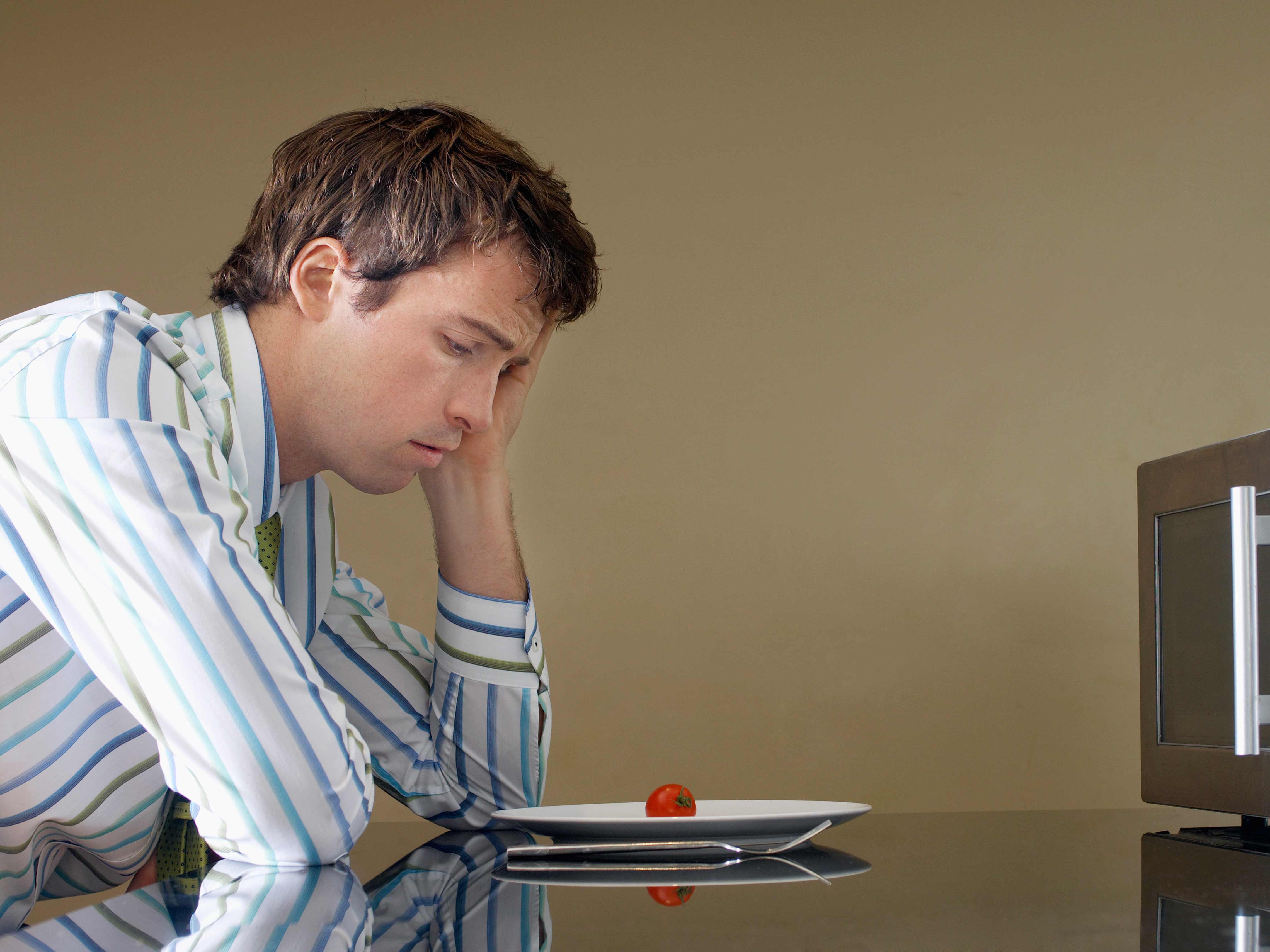Get Easy Health Digest™ in your inbox and don’t miss a thing when you subscribe today. Plus, get the free bonus report, Mother Nature’s Tips, Tricks and Remedies for Cholesterol, Blood Pressure & Blood Sugar as my way of saying welcome to the community!
Men have body image issues too

It turns out that women are not the only ones that harbor concerns over body image, we are learning following results of The Male Body Image Study.
“We analyzed reports from 116,356 men across five national studies. Between 20 and 40 percent of men reported feeling dissatisfied with their overall physical appearance, weight, and/or muscle tone and size,” said David Frederick, Ph.D., assistant professor of psychology at Chapman University and lead author of the study. “The majority of men also felt that they were judged based on their appearance and reported that they compared their appearance to that of others at social events.”
Men classified as “normal” weight tended to feel positively about their appearance, whereas men who were” obese” tended to feel negatively. However, in an interesting twist, most men who were classified as “overweight” felt satisfied with their body image.
“Men can feel pressure to appear strong and powerful, so having some additional mass does not necessarily lead to body dissatisfaction” said Dr. Frederick. “The fact that most ‘overweight’ men felt satisfied might seem surprising, but the medical category for overweight does not correlate well to what people consider to be overweight socially–for example, George W. Bush was medically ‘overweight’ during his presidency.”
The study which is the largest of its kind to date, sought input from both gay and heterosexual men. Gay men were much more likely than heterosexual men to report feeling body image pressure from the media to look attractive, to avoid having sex because of how they felt about their bodies, and to desire cosmetic surgery.
Some of the other key findings included:
- Gay men were more likely than heterosexual men to feel uncomfortable wearing a swimsuit in public (26 percent vs. 16 percent), to be dissatisfied with physical appearance (29 percent vs. 21 percent), and to be dissatisfied with muscle tone and size (45 percent vs. 30 percent).
- Gay men were more likely than heterosexual men to report interest in cosmetic surgery (51 percent vs. 23 percent), to have considered cosmetic surgery (36 percent vs. 12 percent), and to have had cosmetic surgery (7 percent vs. 1 percent).
- Gay men were more likely than heterosexual men to have been on a weight loss diet in the past year (37 percent vs. 29 percent) and to have use diet pills (12 percent vs. 5 percent), but did not differ in whether they had exercised in an attempt to lose weight in the past year (57 percent vs. 55 percent).
- Gay men were more likely than heterosexual men to report feeling judged based on their appearance (77 percent vs. 61 percent), to routinely think about how they look (58 percent vs. 39 percent), to compare their appearance to others at social events (68 percent vs. 51 percent), and to feel pressure from the media to be attractive (58 percent vs. 29 percent). However, they were less likely to feel body image pressure from a partner to lose weight (6 percent vs. 10 percent).












